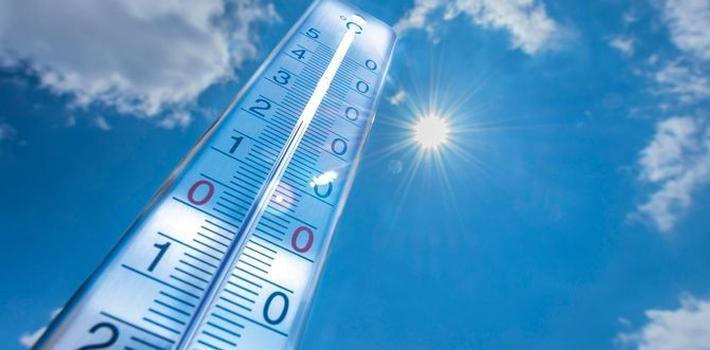Past Event
The effects of heatwave on health of the ageing: climate change in the post-Trump era?
About the speaker
Professor Deborah Black is a Senior Visiting Fellow at the Oxford Institute of Population Ageing. She is a senior statistician with over 40 years of experience, particularly in trans- disciplinary research. Deborah’s research experience in statistics is broad and includes clinical, health promotion, community based and data linkage research projects. As the Chair of Health Data Management at the University of Sydney, Deborah is one of the leading applied health and biomedical statisticians in Australia with an international reputation in health and medical circles. She has presented at numerous conferences; specifically in the area of clinical and theoretical models of health statistical analyses.

Abstract
Extreme weather in Australia includes recent floods, bushfires and, in particular, extreme heat. Periods of extreme heat are increasing: in an unprecedented move in January 2013 the Australian Bureau of Meteorology revised its heat scale to include temperatures up to 55°C following a period of record high temperatures across the country. Australians are getting older as Australia is getting hotter. Similarly, extreme heat has been a problem in Europe.
The degree of vulnerability of individuals and communities to cope with heat-waves is a function of factors such as age, pre-existing illnesses and medication, level of physical exertion, awareness of the risks, socio-economic factors, and the quality of housing and the urban environment. In the case of the elderly and those with disabilities, the reasons for adverse impacts include poorer thermoregulation and limitations in their mobility and cognition . Given, populations are ageing in all developed countries, and also given that the most powerful man in the world, Donald Trump, is likely to lead an administration that denies climate change, there needs to be concerted action to influence policy around caring for ageing populations and with disabilities that will build resilience in ageing populations to ameliorate the effect of climate change on health.
Findings from a study of aged care facilities (ACF) in Australia: This study has identified the current policies and strategies Australian ACFs use to keep residents well, and it highlights the barriers to heat-wave adaptation that will maintain wellness in the residential aged care facility during periods of extreme heat. As the Australian population ages, planning for the health effects of extreme heat in elderly residents is critical to ensure wellness in this population group is maintained. The implications from this research for people living in institutions are discussed.
Planning for the future and building resilience: Research in progress includes the development of a mobile device app that is age friendly to provide warning of extreme weather events and aims to encourage ageing populations to access their external environment safely.
This event is part of a seminar series:
Hilary 2017 Seminar Series: ‘Contemporary Medical Perspectives on Ageing’
Hilary Term 2017 Seminar Series ‘Contemporary Medical Perspectives on Ageing’ Thursdays at 14:00 – 15:30 Seminar Room: 66 Banbury Road, Oxford OX2 6PR Convener: Dr Maja Založnik This seminar series explores some of the contemporary medical advances in ageing and regenerative medicine. An improved understanding of the mechanisms of the process of ageing is the pr...
Event Details
19 January 2017 14:00 - 15:30
Location
Oxford Institute of Population Ageing
66 Banbury Road, Oxford, OX2 6PR


